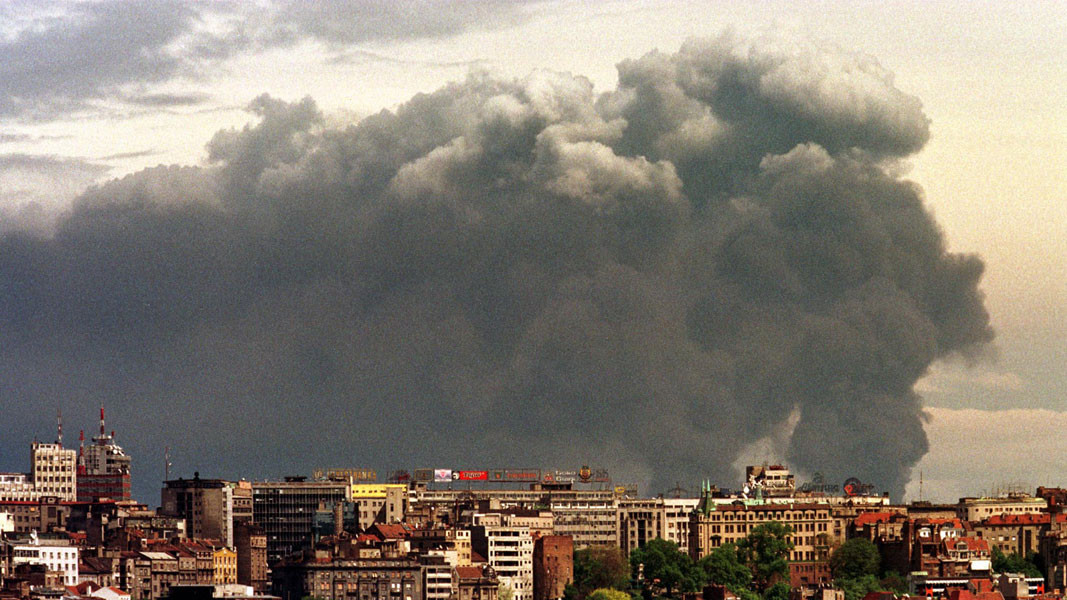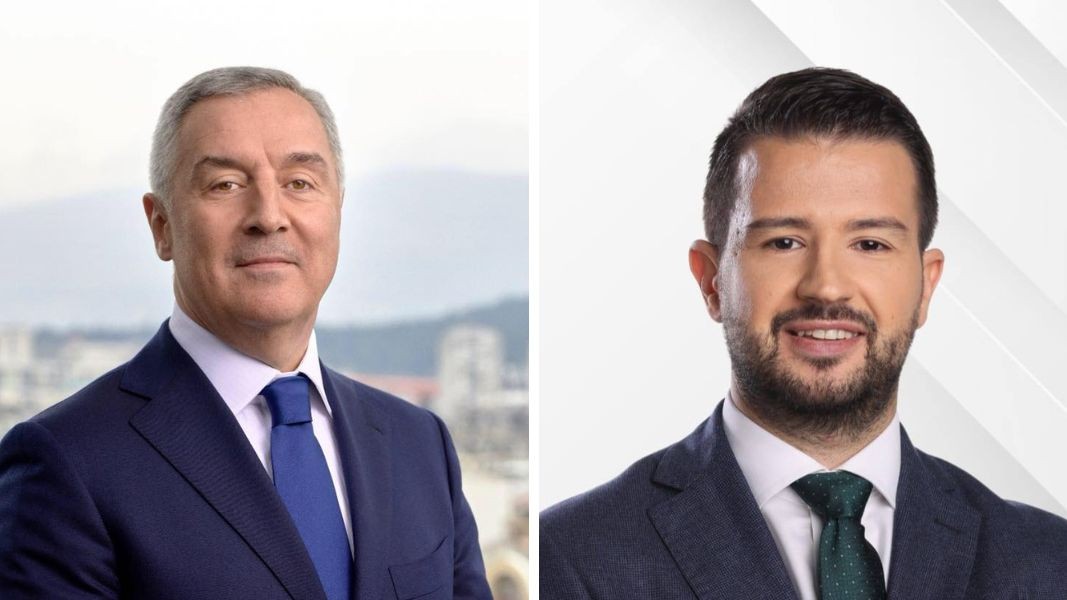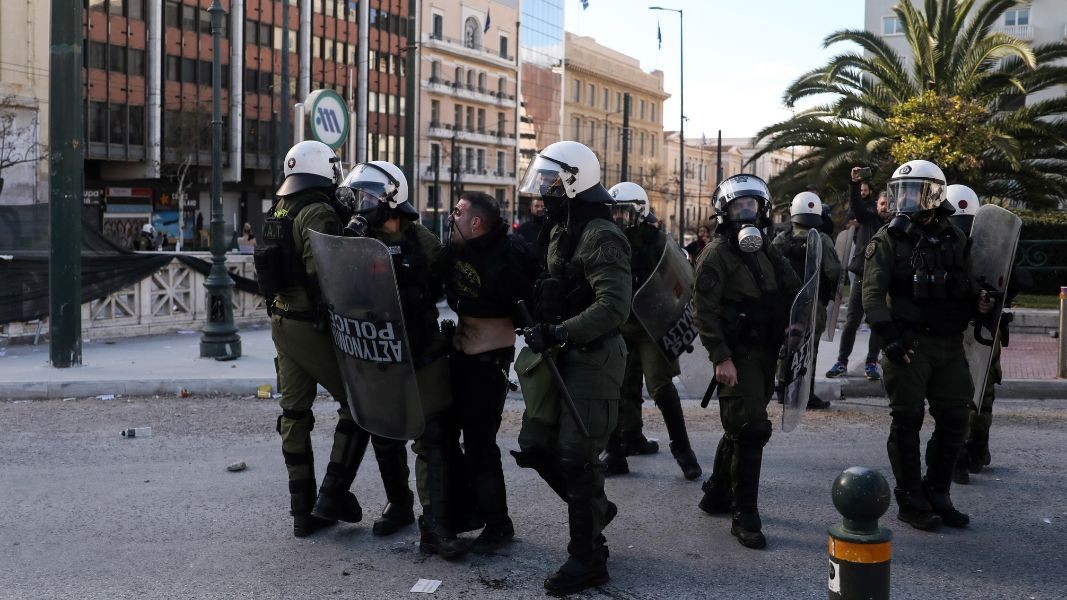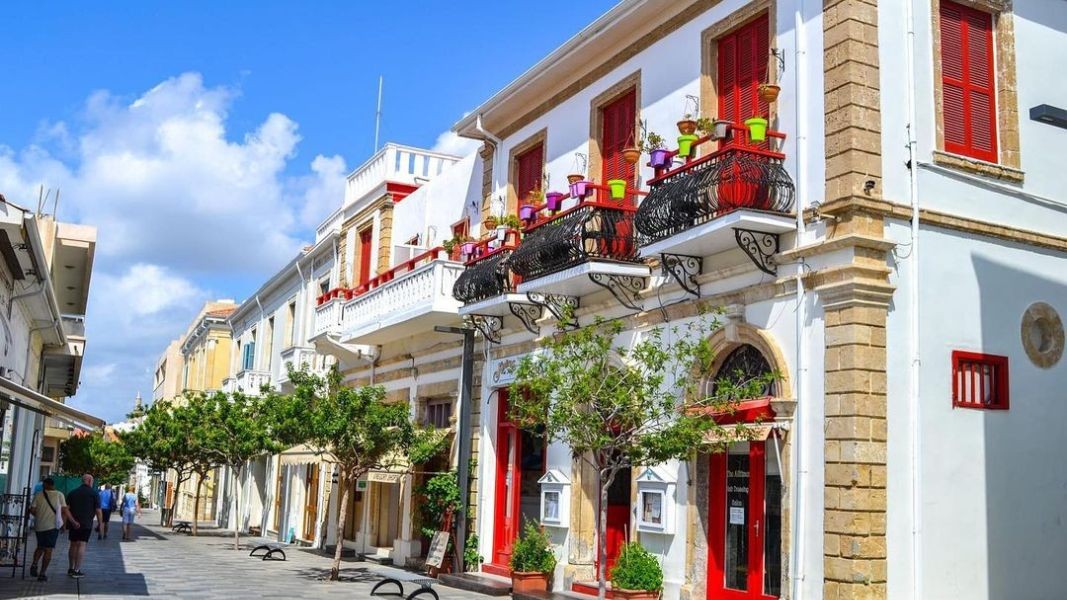Serbia marks 24 years since NATO bombings

24 years ago - on March 24, 1999, the NATO bombing of Yugoslavia began, during which, according to unofficial sources, in 11 weeks, about 2,500 civilians and about 1,000 soldiers and policemen died, writes "Danas". As a result of the air strikes, infrastructure, commercial establishments, health facilities and military facilities were seriously damaged.
NATO's actions were taken after the failed negotiations at the French castle of Rambouillet to resolve the Kosovo crisis in February and March 1999.
On June 9, 1999, the Kumanovo Agreement was reached, ending NATO's bombing of the then Republic of Yugoslavia, and Serbian forces withdrew from Kosovo. According to UN data, about 230,000 Serbs and Roma left Kosovo after the arrival of peacekeeping forces, and about 800,000 Albanian refugees returned, the publication wrote.
Đukanović and Milatovic continue the battle for the presidency of Montenegro

The current president of Montenegro is going to the second round of the presidential elections, where he will face Yakov Milatović from the Europe Now movement.
In the first round on March 19, none of the two managed to collect more than 50% of the votes. Milo Đukanović got about 35%, and the pro-Western former Minister of Economy - just over 29%.
Who will lead the Balkan country will become clear on the evening of April 2.
Meanwhile, the Montenegrin Ministry of the Interior, quoted by Viesti newspaper, announced that Milatovic will be provided with police protection after he received threats to his life.
The US Embassy in Podgorica said that regardless of which candidate wins in the second round, the US expects Montenegro to remain an active NATO ally, including support for Ukraine and sanctions against Russia on its way to EU membership.
Greek police chief dismissed after clashes with demonstrators in wake of deadly train crash

The Greek national police chief Constantinos Skoumas was fired after videos showed police officers guarding protests in Athens attacking and beating peaceful demonstrators without provocation.
The reason for the protests was the tragic railway crash of February 28, in which 57 people died.
After the recordings of the beatings emerged, the opposition and unions demanded that the police chief take responsibility for what happened.
The ousted police chief, who had only been in the post for two months, has been replaced by Lieutenant General Lazaros Mavropoulos.
Officially, the government justified the reshuffle at the top of the police with the need for "more effective implementation of operational plans", ending the criticism of the policemen's behavior during the demonstrations, BNR correspondent Katya Peeva reported from Greece.
Cyprus will offer crafts and gastronomic workshops for visitors to island’s villages

In Cyprus, nearly 2,000 tourist workshops on traditional Cypriot crafts, wine and gastronomy will open in various villages in the mountainous regions of the island. They will be free for all local residents and foreign guests and will continue until December with the financial support of the state, BNR correspondent Branislava Bobanats reported.
The workshops are located along the 3,000 kilometer long route of the Ministry of Tourism's ``Land of Legends'' program. In this way, visitors will feel the "taste and traditions of authentic Cyprus", the department states.
The aim of the initiative, which is in its third year, is to attract more guests by promoting alternative forms of tourism, such as cultural and rural tourism.
The topic of quality in preschool and school education is of great importance for Bulgaria, but there is no quality standard in the Pre-school and School Education Act. Its creation is a task of the Ministry of Science and Education..
For the 21st consecutive year, Simitli is hosting one of the largest masquerade festivals in Bulgaria. Originally a local entertainment, "Simitli - The Ancient Land of Kukeri" has become one of the most important kukeri events in the country. Over the..
Romania becomes the largest natural gas producer in the EU Romania was the largest natural gas producer in the EU in 2024 and in 2027 the country will double its production thanks to the Neptun Deep project. This was..
The topic of quality in preschool and school education is of great importance for Bulgaria, but there is no quality standard in the..

+359 2 9336 661
